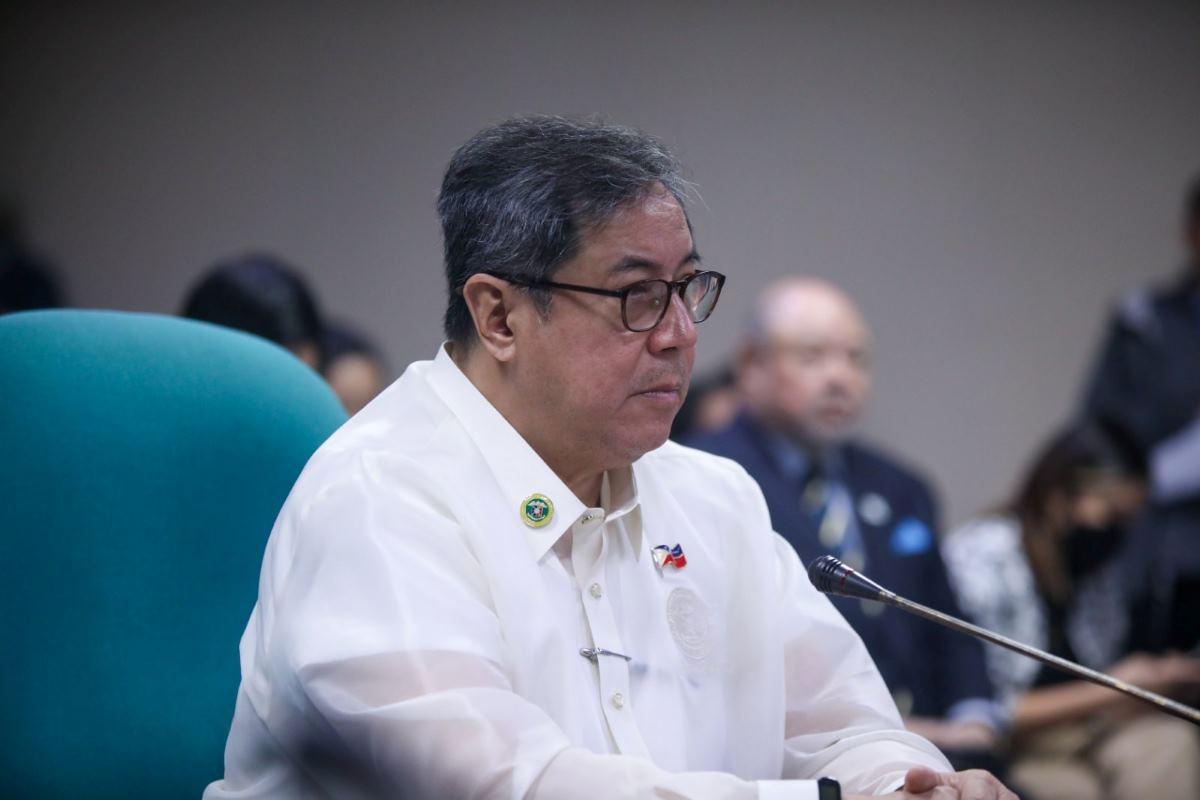Herbosa: New dengue vaccine may be approved within the year

Following the reported rise of dengue cases amid the rainy season, Health Secretary Ted Herbosa said Wednesday that the Philippine Food and Drug Administration (FDA) may already approve this year the licensing of a second-generation dengue vaccine.
Herbosa was referring to the QDENGA vaccine of Japan-based Takeda Pharmaceuticals, which already applied for a certificate of product registration (CPR) from the FDA last year.
“The usual process takes about a year. So kung last year nag-apply na sila, anytime this year lalabas na ‘yan,” Herbosa said in a pre-SONA special interview on state-run PTV.
(If they already applied last year, they may be approved anytime this year.)
“‘Wag kayong mag-alala, dadating din sa’tin ‘yan pero ang importante ngayon, malaman ng mga tao na tumataas ang dengue at mako-control natin ang vectors sa maraming paraan,” he added.
(Don't worry, the new vaccine will arrive. The important thing now is for people to know that dengue cases are on the rise and we can control the vectors in many ways.)
Last month, heads of several doctors groups called on the FDA to approve the license QDENGA, as the Philippines lags behind its neighboring countries when it comes to vaccinating against the viral infection.
Herbosa said that he already talked with Takeda Pharmaceuticals last year, and is just awaiting the study of the FDA regarding the approval of the new vaccine.
“Hinihintay lang natin ang FDA. Ang FDA medyo aaralin pa ‘yung mga sina-submit nilang mga requirements at ‘pag na-approve ‘yan ay dadating,” he said.
(We are just waiting for the FDA. The FDA is still studying the requirements Takeda submitted and once they are approved, the vaccines will come here.)
Dengvaxia
In 2015, the Philippines became the first Asian country to approve the sale of the world's first-ever dengue vaccine—Dengvaxia.
However, a controversy arose in 2017 after manufacturer Sanofi Pasteur announced that Dengvaxia may lead to “severe” symptoms for those who have never been infected by dengue before vaccination.
As a result, the FDA ordered the suspension of the sale, distribution, and marketing of the vaccine and the withdrawal of the product from the market.
Pending the arrival of the second-generation dengue vaccine in the Philippines, Herbosa said that vector control is still the main solution in addressing the dengue problem this rainy season.
“Hindi bakuna ang solusyon, talagang vector control ang importanteng solusyon sa dengue during the season kasi kahit magbakuna ka pa ng madaming tao, useless ‘yun kasi you need two doses,” he said.
(The solution for dengue is not a vaccine, but vector control because even if you vaccinate a lot of people, it's useless because you need two doses.)
Currently, there is still no specific treatment for dengue. The best way to prevent getting infected is to avoid mosquito bites, especially during the day.
Based on DOH’s latest data, the dengue cases already slightly increased by around 10% — from 5,547 reported on May 5-18, to 6,082 cases on May 19-June 1.
There were also only 4,689 cases reported from June 2 to 15 so far, but the agency said that this number may still change due to incoming late reports.
Since the start of the year up to June 15, a total of 77,867 dengue cases have been reported across the country, with 205 deaths. — RSJ, GMA Integrated News




